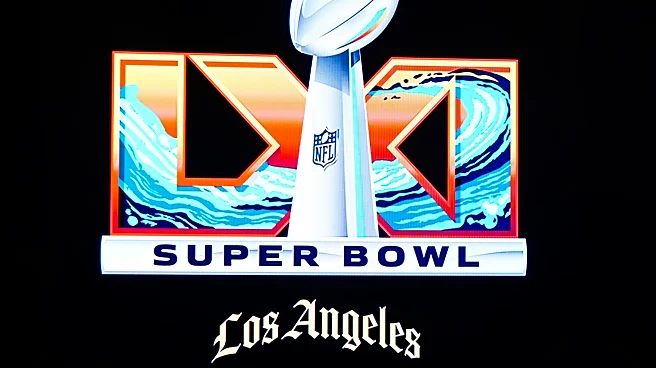Rapid Read • 8 min read
Willy Chavarria, a Mexican-American designer, issued an apology to the Oaxaca community following criticism over a slip-on shoe he designed with Adidas. The shoe, named 'Oaxaca Slip-On,' was intended to honor the cultural and artistic spirit of Oaxaca. However, backlash ensued after its unveiling at the Art Museum in Puerto Rico, with critics citing cultural appropriation and the shoe's production in China rather than Mexico. Chavarria expressed regret for not developing the design in partnership with the Oaxacan community, acknowledging the need for respect and collaboration. Adidas also apologized, reaffirming its commitment to respectful dialogue with the community.
AD
The controversy highlights ongoing issues of cultural appropriation in the fashion industry, where designs inspired by indigenous cultures can lead to backlash if not handled sensitively. This incident underscores the importance of collaboration and respect for cultural heritage, especially when commercializing elements of a community's identity. The apology from both Chavarria and Adidas reflects a growing awareness and responsibility among brands to engage with communities authentically. This situation may influence how fashion brands approach cultural inspiration in their designs, potentially leading to more inclusive and respectful practices.
Chavarria and Adidas have committed to engaging in respectful dialogue with the Oaxaca community, which may involve collaborative projects or initiatives that honor the cultural legacy of the region. This could set a precedent for future collaborations between fashion brands and indigenous communities, emphasizing mutual respect and partnership. Stakeholders in the fashion industry may watch closely to see how this situation unfolds, potentially influencing broader industry standards regarding cultural appropriation and community engagement.
This incident raises ethical questions about the commercialization of cultural symbols and the responsibilities of designers and brands in preserving cultural integrity. It also highlights the potential for fashion to serve as a platform for social consciousness and advocacy, as seen in Chavarria's previous work. The dialogue initiated by this apology could lead to long-term shifts in how cultural elements are integrated into fashion, promoting a more ethical and inclusive approach.
AD
More Stories You Might Enjoy










